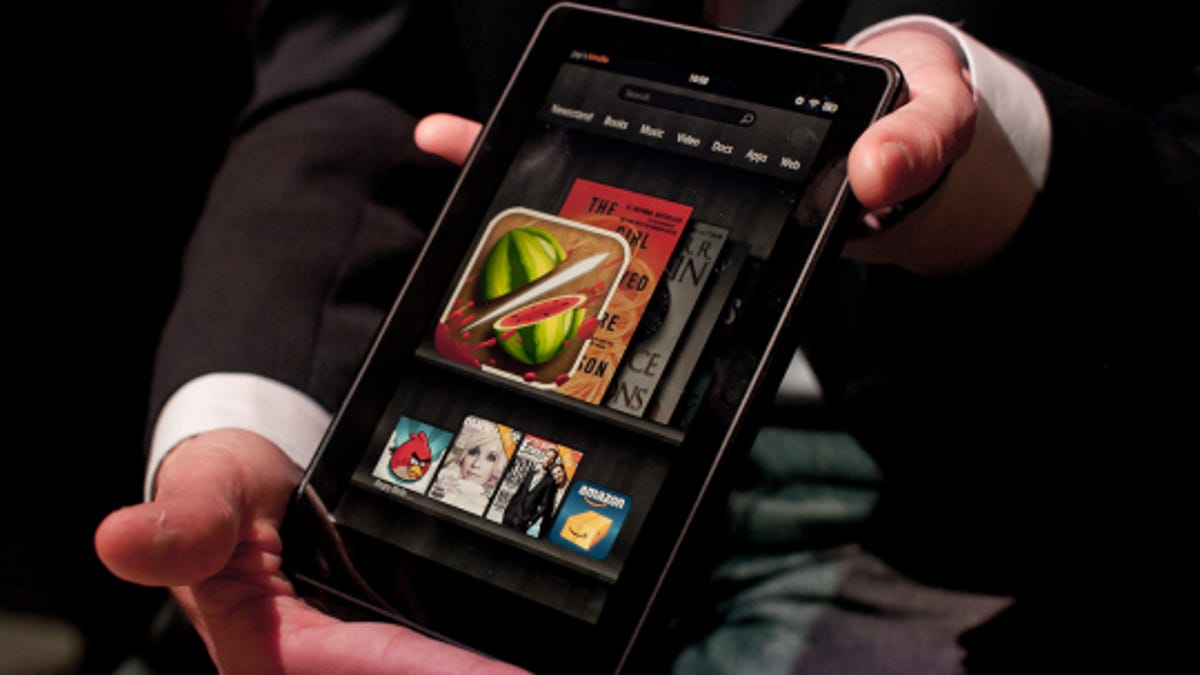Will the Kindle Fire be worth rooting?
A lot of people went ahead and installed custom firmware on the Nook Color, turning it into a true Android tablet. Will "hackers" want to do the same with the Kindle Fire?
The average consumer probably isn't thinking right now about installing custom firmware on Amazon's Kindle Fire, but I know the first thing a bunch of you wondered was, "Wow, a $199 Android tablet with a dual-core processor; is this thing rootable?"
Well, at least according to one Amazon rep I spoke to at the launch event, it is--and apparently Amazon isn't putting up any measures to stop people from doing it.
Call it confidence (or arrogance), but Amazon seems to feel that it's giving consumers--and even more hard-core Android enthusiasts--enough attractive features to keep them from bothering to hack the device. Unlike the Nook Color, which initially shipped without an app store and was really designed to be an e-reader first, the Fire has Amazon's Appstore for Android built-in from the get-go and is truly a multi-use tablet with integrated video and music apps along with gaming capabilities.
"It will inevitably get rooted," the rep told me. "But then you'd miss out on all the great features we're offering that are unique to the device and our software. We just don't see a big appeal in doing it."
There's plenty of truth to that. Ironically, one of the safeguards against hacking the device may be the Fire's limited memory. It only has 8GB of internal memory and no expansion slot, which can make rooting easier. Amazon sees you using its Whispersync wireless syncing features (for e-books as well as audio and video content) to move content on and off the device to free up memory. You also get its new Silk browser, which is supposed to improve browsing performance on the device with special caching technology tied into Amazon's EC2 cloud-computing network.
That's all great, but it's still very unclear what apps Amazon will allow onto the device. As it stands, you can't access the full Android Market, you can only get apps from Amazon's Appstore for Android. That's a good app store and we like it, but it's missing some important apps right now, including Netflix, Hulu Plus, Pandora, Spotify, and a host of others. And since it's a Kindle, we doubt you'll be able to get the Nook app for Android on the Fire.
Whether Amazon eventually adds these apps remains to be seen (it may run into some legal challenges if it keeps competitors out of its app store). But for some folks, having the freedom to have a truly open, good-performing Android tablet for only $199 may trump the benefits of having Amazon's ecosystem of services tightly integrated into the device.
What do you guys think? Will the Fire be worth rooting?


